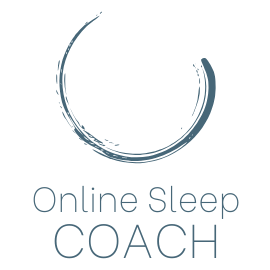Using Mindfulness to Sync With Your Circadian Rhythm
In today’s fast-paced world, many people find themselves feeling out of sync with their natural rhythms. Circadian rhythm, the body’s internal clock, regulates many essential functions, including sleep, energy levels, and mood. When this rhythm is well-aligned with natural light-dark cycles, we feel energized, focused, and balanced. However, when disruptions occur—whether due to irregular sleep … Read more
